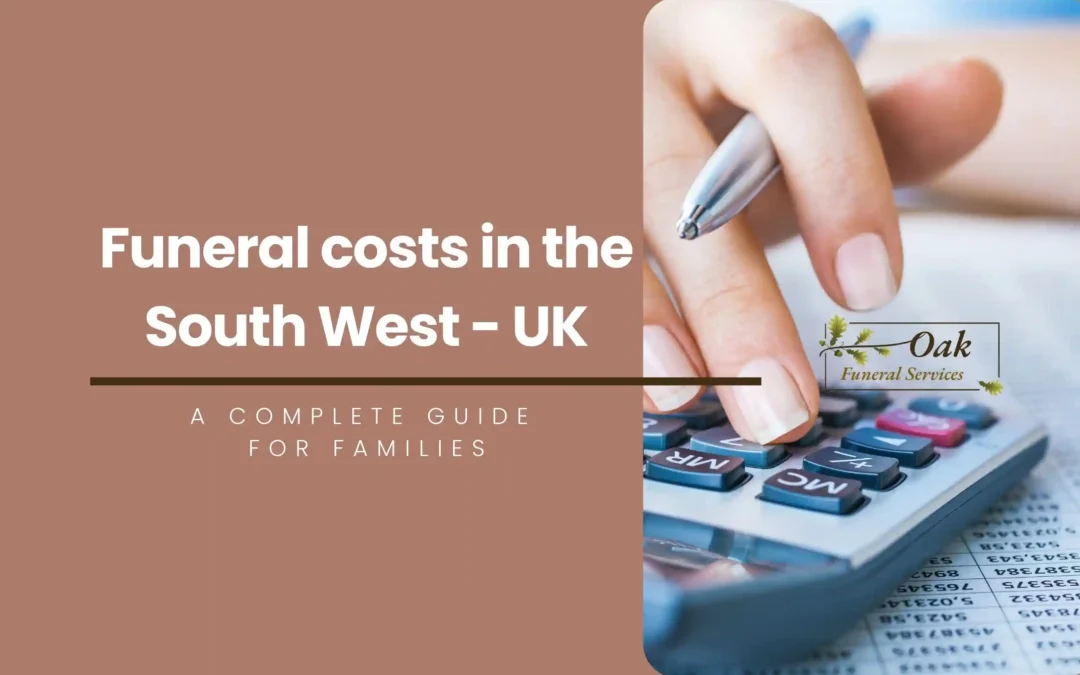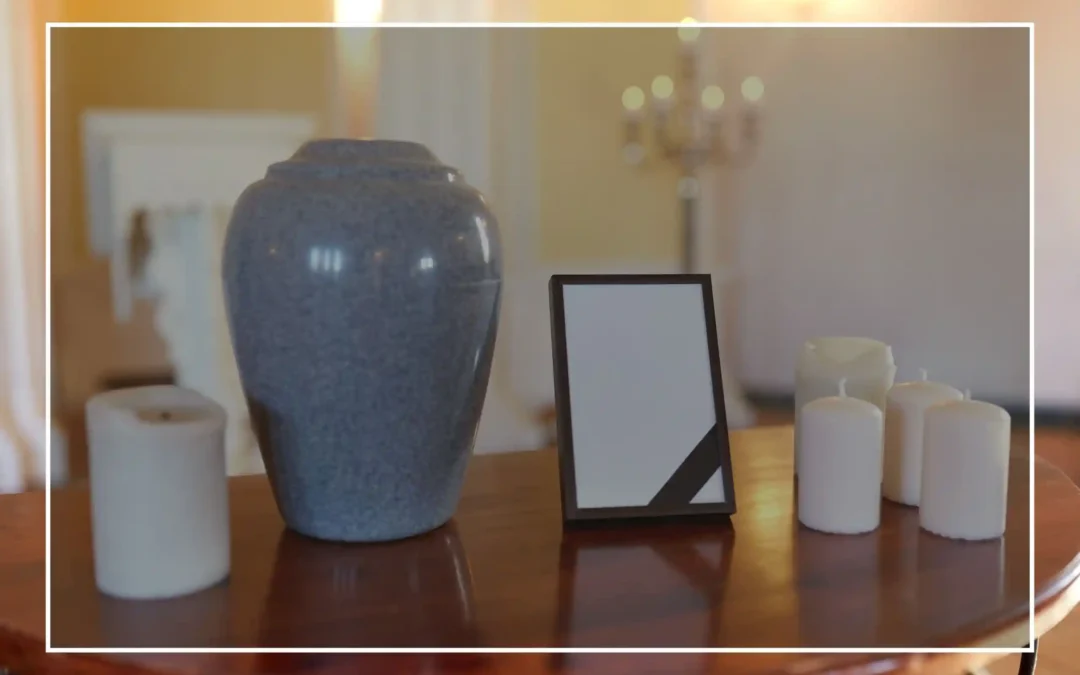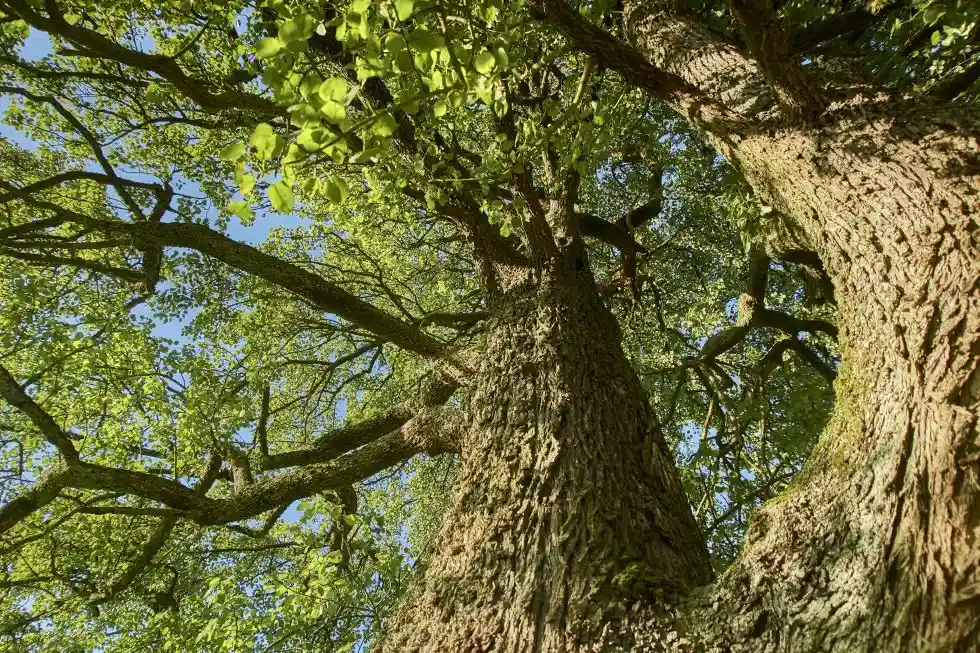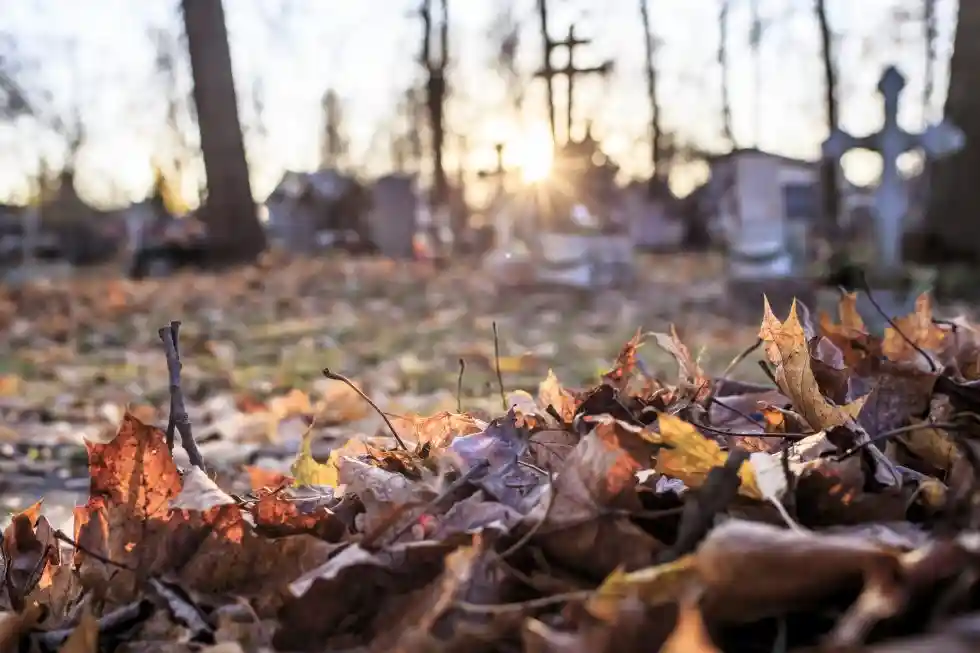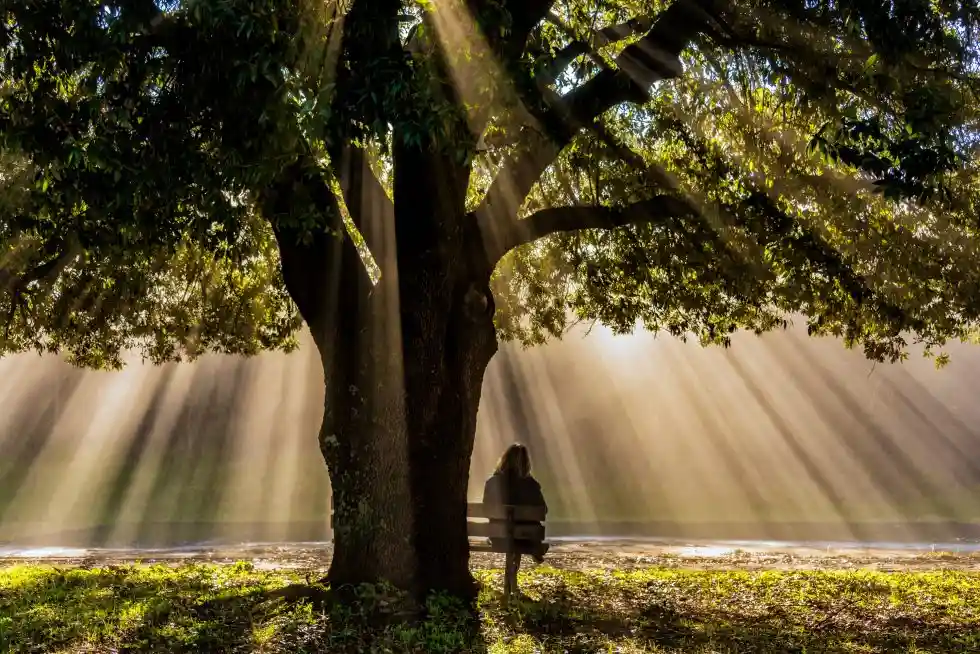What needs to be considered following a death
The nature and content of the funeral itself is the heart of the public farewell and tribute, and where most of the focus will fall. However, the important and really memorable parts of the goodbye’s will often have taken place in private beforehand, afterwards at the ‘gathering’ or at the ashes scattering – which is why we recommend that due attention be given to these often ignored elements..
Having said that, the importance of arrangements for the funeral itself are such that a full discussion with the main family members present is strongly recommended.
If the family are not religious, we can recommend an appropriate and experienced celebrant who will work with you to create and conduct the kind of ceremony you want, using your words, and incorporating your beliefs. You may know someone already who you would like to conduct the ceremony/service.
Either way, you can contribute your own chosen poems, readings, and tributes.
The ceremony can take place at your church or place of worship, the crematorium chapel, a village hall or in some other place of your choosing.
There are a surprising number of decisions to make around organising the funeral. While many people find that making the funeral arrangements helps them to focus on something practical and to do something important for the person who has died, we are keen to simplify things, and help you think through what you might want.
You may also want to do some of the planning beforehand, and we would be happy to do this with you.
Timing
The funeral doesn’t always have to happen urgently. (This may depend on your religious beliefs). Generally you can take time to think about what you really want. You can choose whether it takes place within a few days or two weeks (minimum of five working days for a cremation). This timing may be important when family members need to travel from abroad or if there is a post-mortem. Usually funerals are held between 10am and 3.30pm Monday to Friday. Friday is always the most popular day for funerals – also the busiest.
The Coffin
There is a wide variety of coffins to choose from to reflect the personality of the person who has died – as well as your budget. We do not believe that choosing an expensive coffin is in any way necessary to show respect to the person who has died. We specialise in natural ‘Green” Eco-friendly coffins, but also offer a full range of basic and traditional styles.
You can choose a simple but dignified coffin with an oak veneer or one woven from willow, bamboo, sea grass, pandanus fibre, banana leaf, or water hyacinth; there are also cardboard coffins – plain or coloured or covered in a natural wool.
You don’t have to use a coffin at all – you might choose a simple shroud only.
You may want to decorate the coffin yourself with painting or flowers or you can ask us to arrange this for you. We have pictures of each to make it easier to choose the right one.
Some kind of urn or container for the ashes is also needed, and we have a good selection available from wooden caskets to ceramic urns to simple scatter tubes.
Transport
You may want to have a traditional hearse with – or without – limousines for the family. You can choose to have the coffin arrive in more unusual ways, such as a motorcycle hearse, VW camper van, long wheel based Land Rover or a horse and cart: or you can simply use your own big car or our estate car.
You may want to all meet at the crematorium, or have the cortege set off from the house: if so we can go a certain route, or past a special place on the way to the funeral.
For yourselves you may want to use your own cars – but we can provide limousines, people-carriers or a minibus/coach.
Donations
It is quite usual to ask people to donate money to a chosen charity instead of buying flowers. We are happy to collect and co-ordinate these, both at the funeral and during the days that follow.
Flowers
Flowers can be a beautiful part of the funeral. They can be simple or formal, and a single rose can be as beautiful as a large wreath. It can be special to use flowers from the person’s own garden or from a friend or family member. However, we have a particularly gifted florist who will work with you if you want.
Guests may still like to bring a few flowers or greenery from their garden depending on the season.
One question is what you might want to happen to the flowers after the funeral, as only very small bunches can be cremated with the coffin. Hand tied sheaves can be donated to a local hospice or care home afterwards or given out to family members. All flowers may be left at the crematorium or on top of the grave.
The ceremony/service
Generally the service begins with the arrival of the coffin. If you would like to carry the coffin yourselves we can show you how best to do this beforehand so that it goes smoothly.
However it is also perfectly possible to have a service without the coffin – as in a memorial service following a more private cremation. The ceremony can be arranged in any form that you wish, within the time allotted.
There are a few tried and trusted guides that experience has shown to work well:
The Entrance: the Coffin is carried into the Chapel by formal bearers or family members, accompanied by a chosen piece of music appropriate to the persons memory or the family’s choice.
Welcome & Introduction: The Celebrant or Minister will open the proceedings with a few minutes of welcome, setting the scene and defining the celebration of the deceased’s life.
Tributes/Eulogy: The celebrant may either read a eulogy or perhaps invite family members to stand and share their own personal memories and tributes.
A period of reflection/prayer: Emotions and tensions will be at a peak following the tributes, so this is an ideal time to pause for a few minutes either in meditation, private prayer or reflection whilst listening to a piece of music that might be special to that person’s memory.
The Committal: The celebrant will make a short speech, committing the persons body to the earth for burial or for cremation. A poem can often be poignant at this time.
Closing words: A final farewell and the closing piece of music -sometimes it can be nice to choose a piece that is less sombre to help lift the guests spirits and to leave the funeral with a positive feeling.
Remember that this is not only your opportunity to mourn their passing but also to celebrate their life. Your chance to leave the ceremony with joy in the memory of their life, as well as the very real grief of your loss.
More about the venue
The ceremony can take place at a place of worship, in the crematorium chapel, at a local hall hotel or community centre, at home, in the open air, or at a special place like The Quantocks or along the Coastal Footpath.
If you are using a crematorium, they allow 30 minutes for the whole event: you can make the ceremony less rushed if you book a double time period – this is good value and costs only a little more than a single period. Or you could have a longer ceremony somewhere else before or after the cremation.
Transport
You may want to have a traditional hearse with – or without – limousines for the family. You can choose to have the coffin arrive in more unusual ways, such as a motorcycle hearse, VW camper van, long wheel based Land Rover or a horse and cart: or you can simply use your own big car or our estate car.
You may want to all meet at the crematorium, or have the cortege set off from the house: if so we can go a certain route, or past a special place on the way to the funeral.
For yourselves you may want to use your own cars – but we can provide limousines, people-carriers or a minibus/coach.
Music
You will want to consider the music you would like for different parts of the funeral. You could choose favourite hymns or modern songs, classical or popular music. You can use live musicians or recorded music – original, bought CD’s please. Usually there is music to accompany the coffin coming in, and as the guests leave the chapel. Often there are two hymns – sometimes three in a church service – or a piece of music to listen to, which can be followed by a period of silence.
Prayers and poems
You can also think about special poems, readings and prayers you would like included in the funeral. These might be old favourites or you could write your own. Children particularly like writing poems or prayers and this is a lovely way to involve them.
Orders of service
These are useful if you are singing hymns or have a special piece of poetry – the words are there for all to read – and if you would like a memento for yourselves or others to keep. Particularly if there are mourners who were unable to attend the funeral, who might find a copy of the order of service valuable as a keepsake.
A nice photograph on the front is often used and if you have some available, one or two more photo’s within the booklet or on the back cover.
We offer a full design and print service and can create something personal and unique to you or offer idea’s and examples of Booklets printed in the past.
If you would prefer to design your own, we can print these for you if you wish or if the numbers are not too high, you might like to print these yourselves at home.
Who was there?
We can provide staff to take the names of those attending the service.
Recording
The service can be recorded on tape.
Filming / Photography
There are a couple of skilled (and discreet) local photographers who will film the whole funeral and the wake – or take portraits of those attending. These can be extraordinary to look at and to share.
Book of Remembrance
People can write their own thoughts and comments in a special book, but this works best if provided at a table (with pictures from the person’s life on an easel?) at the gathering afterwards.
Who to invite
You may already have an address list for all the friends and family of the person who died. You could also put an announcement of the death, with the time and place of the funeral in the local paper. People are often surprised at how many people want to come to a funeral to pay their respects …… work colleagues past and present, neighbours, old friends, as well as distant family members. You may want to collect the names of those who attend the funeral, or have a ‘visitor’s book’ for people to write in.
It is not unusual for families to have past conflicts and difficulties between family members and these can become troublesome when a funeral happens. It can help to think ahead and decide the best way to approach this.
Preparing for the day
It is well worth practising and timing any speeches, music, contributions by family members. You may also like to visit the place where the funeral is happening to make sure you know what it will be like. You can also think about decorations if you would like to personalise the venue beforehand.
Involving Children
Children can benefit greatly from being invited to and involved in a funeral – whatever age they are. You may wish to think about the children in your family and how they might play a part. Different members of your family may have different views on this so be sure to discuss this first.
Food
It is traditional to have food after a funeral for family and friends to gather and spend time together after an emotional day and can be a very special – and less formal – part of the funeral itself.
You could have the person’s favourite food or a special family dish. You could ask friends to help provide and serve the food or you could have it all done by a caterer. It could be simply tea and cake or a fully cooked meal depending on the time of day, the season, and your wishes.
We can arrange caterers and help you think about what you would like.
After the funeral
It is good to think about what you might want at the end of the day of the funeral. It can be a very vulnerable time when all the organisation over. You may want to be left alone after the guests have gone home or you may wish to ask a close friend or family member to stay with you. You could think about going to stay with someone for a few days or arranging something nice to do. Whatever supports you – think about how you can include it in the time after the funeral. People may offer their support and company – take them up on it if it feels helpful to you.
Ashes or ‘Cremated Remains’
Ashes can be available for collection after 4-5 hours although it’s more usual to collect the next working day. Generally the funeral director will do this and return them to you – though you can ask the crematorium staff to scatter them on your behalf in ‘the rose garden’.
Having considered what you would like to do with the ashes afterwards helps determine the type of urn you need. There are many to choose from.
Christian practice is to bury ashes in the churchyard. Non religious practice is usually to scatter the ashes – for which the landowner’s permission is required (ie Coastguard, National Trust etc). Roses do well with the potash.
Costs
The average cost of a simple funeral in Britain in 2013 was found to be £3,748, not including flowers or newspaper announcements*.
It is the choice of coffin, transport, and wake etc that determines the actual cost.
In this survey, small and independent companies were found to be consistently – and sometimes significantly – cheaper than the National funeral companies*.
Funeral companies generally quote a certain figure ‘Plus Disbursements’. Disbursements are those costs paid out by the funeral director on the family’s behalf, and are typically asked to be paid in advance of the funeral; they account for about half of the total cost.
*Source 2013 Ipsos Mori.
Oak Funeral Services will always provide you with a clear written, itemised estimate for your approval in advance of the funeral.
More Support Articles


